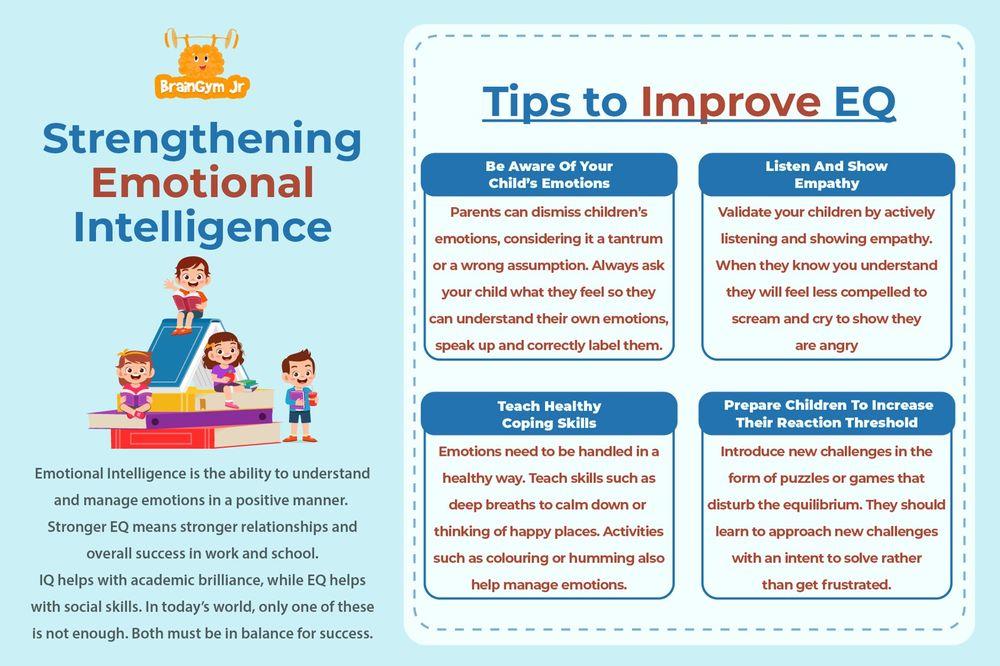In a world that spins faster each day, where schedules are packed tighter than a school lunchbox, the concept of self-care often slips through the cracks, especially for our youngest generation. Yet, teaching children the importance of self-care is as vital as the ABCs, nurturing a foundation for lifelong well-being. Imagine a classroom where kindness isn’t just extended to others but is also directed inward, where little ones learn to listen to their own needs with the same attentiveness they show to storytime. This journey into self-care for children is not just about bubble baths and bedtime stories; it’s about cultivating resilience, empathy, and a sense of balance in a bustling world. As we explore the art of teaching self-care to children, we discover that it’s not merely an addition to their to-do lists but a transformative practice that empowers them to navigate life’s ups and downs with grace and confidence.
Cultivating Mindfulness in Young Minds
In a world that is constantly buzzing with activity, it is essential to teach children the art of self-care. Mindfulness can serve as a powerful tool in this journey, enabling young minds to pause and connect with their inner selves. Encouraging children to engage in mindfulness practices can help them develop emotional intelligence, reduce stress, and enhance their focus. By introducing these concepts early on, children can cultivate a healthy relationship with their thoughts and emotions, paving the way for a balanced life.
Consider incorporating the following activities into your child’s routine to foster mindfulness:
- Breathing exercises: Simple techniques like deep breathing can help children calm their minds and focus on the present moment.
- Nature walks: Encouraging children to observe their surroundings mindfully can enhance their appreciation for the world around them.
- Creative expression: Activities like drawing or storytelling allow children to explore their emotions in a safe and constructive manner.

Building Healthy Routines for a Balanced Life
Incorporating self-care practices into a child’s daily routine can lay the groundwork for a balanced life, fostering resilience and emotional intelligence. Encouraging children to recognize their feelings is an essential step. This could involve teaching them to articulate their emotions through words or creative outlets like drawing or storytelling. Additionally, establishing a bedtime routine that includes activities such as reading or meditation can help children wind down, promoting restful sleep and mental clarity. Encouraging them to express gratitude before bed can also foster a positive mindset.
- Active Play: Integrating regular physical activity into their day helps children develop physically and mentally. Whether it’s a game of tag, a dance-off, or a nature walk, movement is crucial.
- Mindful Eating: Teach children to appreciate the flavors, textures, and origins of their food. Involving them in meal preparation can make them more mindful eaters.
- Digital Detox: Designate times when screens are put away to encourage face-to-face interactions and creative play.
- Quiet Time: Encourage moments of silence where children can engage in activities like reading or journaling, allowing them to explore their thoughts and creativity.

Empowering Children with Emotional Intelligence
In today’s fast-paced world, it is crucial for children to develop emotional intelligence to navigate life’s challenges effectively. One essential aspect of emotional intelligence is understanding the significance of self-care. Teaching children to prioritize their mental and emotional well-being empowers them to manage stress, build resilience, and cultivate a balanced life. By introducing self-care practices early on, children learn to recognize and honor their feelings, which fosters a sense of self-awareness and self-respect.
- Mindfulness: Encourage children to engage in activities that promote mindfulness, such as deep breathing exercises, yoga, or guided meditations. These practices can help them stay grounded and present.
- Creative Expression: Activities like drawing, painting, or journaling allow children to express their emotions in a healthy and constructive way, providing an outlet for self-reflection.
- Healthy Routines: Establishing regular routines for sleep, nutrition, and physical activity supports overall well-being and helps children feel more secure and focused.
- Quality Time: Spend time with children engaging in activities they enjoy, reinforcing their sense of connection and support, which is vital for their emotional development.
By integrating these practices into daily life, we can help children build a strong foundation of emotional intelligence, equipping them with the tools needed to thrive in an ever-evolving world.

Practical Strategies for Encouraging Self-Compassion
In the journey of teaching children about self-care, fostering a sense of self-compassion is paramount. Self-compassion involves treating oneself with kindness, especially in times of failure or distress, and can be cultivated through a variety of practical strategies. Here are some effective methods to encourage self-compassion in children:
- Model Self-Compassion: Children often emulate the behaviors of adults around them. By demonstrating self-compassion in your daily life, you provide a living example for them to follow.
- Encourage Positive Self-Talk: Teach children to replace negative thoughts with positive affirmations. Simple phrases like ”I am enough” or ”Mistakes help me learn” can make a significant impact.
- Create a Safe Space for Emotions: Allow children to express their feelings without judgment. This helps them understand that all emotions are valid and part of the human experience.
- Introduce Mindfulness Practices: Simple mindfulness exercises, such as deep breathing or guided imagery, can help children stay present and compassionate towards themselves.
- Celebrate Small Wins: Acknowledge and celebrate their efforts and achievements, no matter how small, to build their self-esteem and resilience.
Integrating these strategies into daily routines can gently guide children towards a healthier relationship with themselves, nurturing their emotional well-being as they grow. By embedding these practices in their lives, we empower them to face life’s challenges with grace and self-compassion.








